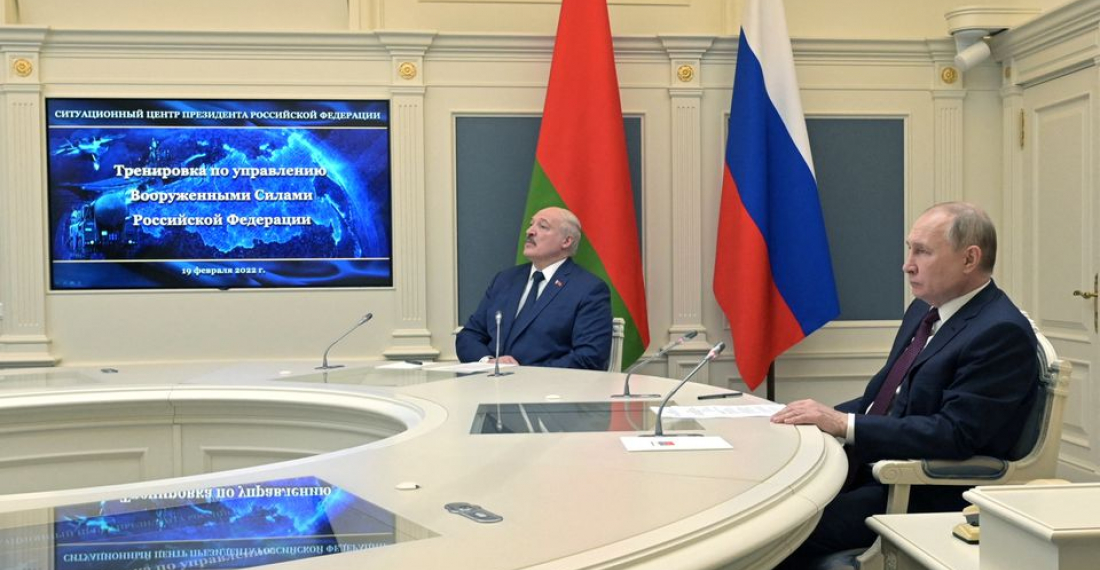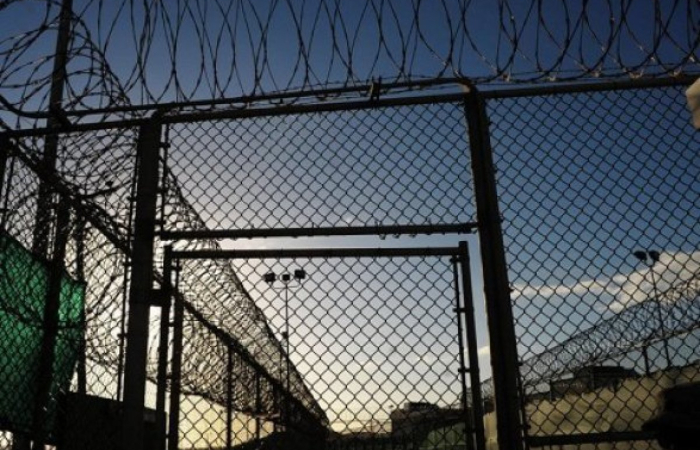Russia's President Vladimir Putin on Saturday ordered the start of strategic nuclear exercises involving launches of ballistic missiles, the RIA news agency cited the Kremlin as saying.
The exercises are Moscow's latest show of strength at a time of acute tension with the West over Ukraine. Belarusian President Alexander Lukashenko, a close ally of Putin, took part in military exercises alongside Putin from a situation centre in the Kremlin, Belarusian state media reported.
There is intense speculation that Russia will launch an attack against Ukraine between now and Tuesday. Speaking to the media in Lithuania on Saturday, U.S. Defence Secretary Lloyd Austin said Russian forces were beginning to "uncoil and move closer" to the border with its former Soviet neighbour.
The tension in and around Ukraine will be the focus of the three-day Munich Security Conference 2022. The conference has been held since 1963 and brings together world leaders from politics, economy and armed forces at the Hotel Bayerischer Hof. The conference in the Bavarian capital will held from Friday (18 February) to Sunday afternoon, with a significant focus on Western strategy to counter the crisis in Ukraine. Remarkably absent this year are official representatives of Russia, the country that has created new fears of war in Europe by gathering an estimated 190,000 military units on the Ukrainian border.
In addition to the crisis in Ukraine, the conference will also address issues such as pandemic strategies and the fight against climate change. Other panels will focus on less pressing issues, such as the rise of cryptocurrency.
Over the past four decades the Munich Security Conference has become the most important independent forum for the exchange of views by international security policy decision-makers. Each year it brings together about 350 senior figures from more than 70 countries worldwide to engage in an intensive debate on current and future security challenges.






